|
|
General: THE JULES VERNE TIME TRAIN ("BACK TO THE FUTURE") MADELEINE AMIENS FRANCE
Elegir otro panel de mensajes |
|
|
- " He [Doc] took his first real look at the woman he had saved. / "Thank you, sir," she began, as she turned her face to look up at him. / And what a face. Doc stopped breathing all over again. Her face had been hidden in shadow before, framed by that attractive bonnet. But then she smiled. / And what a smile. Doc thought it was like looking at the sun for the first time. / "—you saved my—" She paused as she, too, really looked at Doc. / She sighed the sweetest sigh Doc had ever heard. "—life," she concluded. / And what wonderful features surrounded that smile! That pert nose, that strong chin, those deep, large brown eyes that a man could get lost in — Doc sighed, then realized that, perhaps, he should say something in return. "
- —From Back to the Future Part III by Craig Shaw Gardner (quote, pages 98 and 99)
- "Clara was one in a million... One in a billion... One in a googolplex... The woman of my dreams, and I've lost her for all time."
- —Doc Brown
Clara Clayton-Brown is the tritagonist of the Back to the Future franchise, serving as the deuteragonist of Back to the Future Part III and the tritagonist of Back to the Future: The Animated Series. She was a schoolteacher, living and working in the schoolhouse outside Hill Valley in 1885. She met Dr. Emmett Brown and Marty McFly by chance when she was about to fall over Shonash Ravine.
Clara was a very independent woman and did not take much fuss from anyone, especially Buford "Mad Dog" Tannen. Clara did not like being lied to and believed that people should tell the truth. She often saved the day after coming up with ideas, she did however try and take actions that helped her or other people avoid dangerous situations in the first place.
Clara was a very intelligent woman. Like Doc, her favorite author was Jules Verne, and she was very interested in astronomy and science. One of her favorite possessions was her telescope, which she often used to look at the Moon and the stars; she also appeared to know where a lot of the constellations were. Clara was a thinker and most of the time thought things through. If she believed something to be too "wacky" or too fantastic to be believed, she would not believe it (such as when Doc tried telling her about the time machine); this, after her marriage to Doc, changed.
![Regreso Al Fururo III (Back To The Future III) [1990] –, 40% OFF](https://m.media-amazon.com/images/M/MV5BYzgzMDc2YjQtOWM1OS00ZjhhLWJiNjQtMzE3ZTY4MTZiY2ViXkEyXkFqcGdeQXVyNDQ0MTYzMDA@._V1_.jpg)
|
|
|
|
|
|
|
|
H. G. Wells
| H. G. Wells |

H. G. Wells en 1920
|
| Información personal |
| Nombre de nacimiento |
Herbert George Wells  |
| Nacimiento |
21 de septiembre de 1866 
Bromley (Reino Unido)  |
| Fallecimiento |
13 de agosto de 1946  (79 años) (79 años)
Londres (Reino Unido)  |
| Causa de muerte |
Tumor hepático  |
| Nacionalidad |
Británica |
| Lengua materna |
Inglés  |
| Familia |
| Padres |
Joseph Wells 
Sarah Neal  |
| Cónyuge |
Isabel Mary Wells
(1891-1894, divorciados)
Amy Catherine Robbins (1895-1927) |
| Pareja |
|
| Hijos |
George Phillip "G. P." Wells (1901-1985)
Frank Richard Wells (1903-1982)
Anna-Jane Blanco-White (1909-2010)
Anthony West (1914-1987) |
| Educación |
| Educación |
Doctor en Biología  |
| Educado en |
|
| Alumno de |
Thomas Henry Huxley  |
| Información profesional |
| Ocupación |
Escritor, historiador, periodista, idista, escritor de ciencia ficción, novelista, sociólogo y guionista  |
| Área |
Ciencia ficción, escritor, literatura de no ficción y literatura de ciencia ficción  |
| Años activo |
desde 1895 |
| Cargos ocupados |
Presidente de PEN Club Internacional (1932-1935)  |
| Movimiento |
Romanticismo |
| Seudónimo |
H. G. Wells, Reginald Bliss, Septimus Browne y Sosthenes Smith  |
| Géneros |
Ciencia ficción, biografía y ensayo  |
| Obras notables |
|
| Partido político |
Partido Laborista  |
| Miembro de |
Sociedad Fabiana  |
| Distinciones |
- Science Fiction and Fantasy Hall of Fame (1997)

|
| Firma |
 |
|
|
Herbert George Wells (Bromley; 21 de septiembre de 1866-Londres, 13 de agosto de 1946),1 más conocido como H. G. Wells, fue un escritor y novelista británico. Wells fue un autor prolífico que escribió en diversos géneros, como ciencia ficción, docenas de novelas, relatos cortos, obras de crítica social, sátiras, biografías y autobiografías. Es recordado por sus novelas de ciencia ficción y es frecuentemente citado como el «padre de la ciencia ficción» junto con Julio Verne y Hugo Gernsback.23
Sin embargo, durante su vida fue reconocido como un crítico social con visión de futuro, incluso profético, que dedicó sus talentos literarios al desarrollo de una visión progresista a escala global. En su faceta de futurista, escribió diversas obras utópicas y previó el advenimiento de aviones, tanques, viajes espaciales, armas nucleares, televisión por satélite y algo parecido a internet.4 En la ciencia ficción imaginó viajes en el tiempo, invasiones alienígenas, invisibilidad e ingeniería biológica. Entre sus obras más destacadas están La máquina del tiempo (1895), La isla del doctor Moreau (1896), El hombre invisible (1897), La guerra de los mundos (1898) y La guerra en el aire (1907). Estuvo nominado en cuatro ocasiones al Premio Nobel de Literatura.5
En un principio Wells estudió biología y sus ideas sobre cuestiones éticas se desenvolvieron en un contexto específica y fundamentalmente darwiniano.6 También fue siempre un abierto socialista que a menudo (aunque no siempre, como al comienzo de la Primera Guerra Mundial) simpatizó con posturas pacifistas. Sus obras posteriores fueron cada vez más políticas y didácticas, dejando de lado la ciencia ficción, mientras que a veces indicaba en documentos oficiales que su profesión era el periodismo.7 Novelas como Kipps o La historia de Mr. Polly, que describen la vida de la clase media-baja, llevaron a sugerir que era un digno sucesor de Charles Dickens,8 aunque Wells retrató numerosos estratos sociales e incluso intentó, en Tono-Bungay (1909), un diagnóstico del conjunto de la sociedad inglesa. Enfermo de diabetes, Wells cofundó en 1934 La Asociación Diabética (hoy conocido como Diabetes UK), de finalidad caritativa. Por sus escritos relacionados con la ciencia, en 1970 se decidió en su honor llamar H. G. Wells a un astroblema lunar ubicado en la cara oculta de la Luna.9
Nació en la Casa Atlas, High Street número 47, en Bromley, Kent, el 21 de septiembre de 1866,1 como el tercer hijo varón de Joseph Wells y su esposa Sarah Neal. La familia pertenecía a la empobrecida clase media-baja de la época. Tenían una tienda nada próspera comprada gracias a una herencia, en la que vendían productos deportivos y loza fina.10
En 1874 el joven Herbert George Wells vivió un hecho que tendría notables repercusiones en su futuro: sufrió un accidente que lo dejó en cama con una pierna quebrada. Para matar el tiempo, empezó a leer libros de la biblioteca local que le traía su padre. Se aficionó a la lectura y comenzó a desear escribir. Ese mismo año entró en una academia comercial llamada Thomas Morley's Commercial Academy, en la que continuó hasta 1880.1
En 1877 su padre sufrió un accidente que le impidió ganarse la vida como lo había hecho hasta entonces. Ello condujo a que Herbert y sus hermanos comenzaran a emplearse en diversos oficios. Fue así como, entre 1881 y 1883, llegó a ser aprendiz de una tienda de textiles llamada Southsea Drapery Emporium: Hyde's, experiencia que se ve reflejada en sus novelas The Wheels of Chance (1896) y Kipps: The Story of a Simple Soul (1905) cuyo protagonista es aprendiz textil.1 En 1883 se enroló en la escuela de gramática Midhurst de Sussex Occidental como alumno y tutor, donde continuó su avidez por la lectura.10
En 1884 obtuvo una beca para estudiar Biología en el Royal College of Science de Londres, donde tuvo como profesor a Thomas Henry Huxley. Estudió allí hasta 1887. Wells mismo, recordando esa época, habla de haber sufrido hambre constantemente.11 En este período también ingresa a un club de debate de la escuela llamado Debating Society, donde expresa su interés por transformar la sociedad. Formó parte de los fundadores de The Science School Journal, una revista en la que dio a conocer sus postulados en literatura y en temas sociales. Fue en ella que vio la luz por primera vez su novela La máquina del tiempo, pero con el título original: The Chronic Argonauts (Los Argonautas Crónicos).
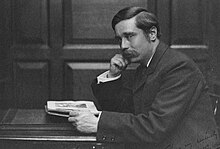 H. G. Wells mientras estudiaba en Londres (circa 1890).
Al suspender el examen de geología en 1887, perdió la beca. Por eso no fue sino hasta 1890 que recibió el título de grado en zoología del Programa Externo de la Universidad de Londres. Sin la beca, es decir, sin ingresos, se fue a vivir a casa de una pariente llamada Mary, prima de su padre, donde se interesó por la hija de ésta, Isabel. Entre 1889 y 1890 fue profesor de la Henley House School.1213 Fue uno de los fundadores de la Royal College of Science Association, siendo su primer presidente en 1909.11
Su relación con Rebecca West, que duró diez años, dio por fruto un hijo, Anthony West, nacido en 1914. Al contraer tuberculosis, abandonó todo para dedicarse a escribir; llegó a completar más de cien obras. Se le considera uno de los precursores de la ciencia ficción y sus primeras obras tuvieron ya por tema la fantasía científica, descripciones proféticas de los triunfos de la tecnología y comentarios sobre los horrores de las guerras del siglo xx: La máquina del tiempo (The Time Machine, 1895), su primera novela, de éxito inmediato, en la que se entrelazaban la ciencia, la aventura y la política; El hombre invisible (The Invisible Man, 1897); La guerra de los mundos (The War of the Worlds, 1898) y Los primeros hombres en la luna (The First Men in the Moon, 1901). Muchas de ellas dieron origen a varias películas.
A la vez se interesó por la realidad sociológica del momento, especialmente por la de las clases medias, defendiendo los derechos de los marginados y luchando contra la hipocresía imperante, que dibujó con cariño, compasión y sentido del humor en novelas como Love and Mr. Lewisham (1900), Kipps, the Story of a Simple Soul (1905) y Mr. Polly (1910), novela de extenso retrato de los personajes en la que, como en Kipps, describe con fina ironía el fracaso de las aspiraciones sociales de sus protagonistas.
La gran mayoría de sus restantes libros pueden clasificarse como novelas sociales. Entre ellas se encuentran Ana Verónica (Ann Veronica 1909), en la que defiende los derechos de las mujeres, Tono Bungay (1909), un ataque al capitalismo irresponsable, y Mr. Britling va hasta el fondo (1916), que describe la reacción del inglés medio ante la guerra. Después de la Primera Guerra Mundial (1914-1918), redactó la historia de la humanidad en tres partes, Outline of History (1920), en la que colaboró Julian Huxley.
 H. G. Wells en 1943.
|
|
|
|
|
   


       

New International VersionIt is as if the dew of Hermon were falling on Mount Zion. For there the LORD bestows his blessing, even life forevermore.
New Living TranslationHarmony is as refreshing as the dew from Mount Hermon that falls on the mountains of Zion. And there the LORD has pronounced his blessing, even life everlasting.
English Standard VersionIt is like the dew of Hermon, which falls on the mountains of Zion! For there the LORD has commanded the blessing, life forevermore.
Berean Standard BibleIt is like the dew of Hermon falling on the mountains of Zion. For there the LORD has bestowed the blessing of life forevermore.
King James BibleAs the dew of Hermon, and as the dew that descended upon the mountains of Zion: for there the LORD commanded the blessing, even life for evermore.
New King James VersionIt is like the dew of Hermon, Descending upon the mountains of Zion; For there the LORD commanded the blessing— Life forevermore.
New American Standard BibleIt is like the dew of Hermon Coming down upon the mountains of Zion; For the LORD commanded the blessing there—life forever.
NASB 1995It is like the dew of Hermon Coming down upon the mountains of Zion; For there the LORD commanded the blessing— life forever.
NASB 1977It is like the dew of Hermon, Coming down upon the mountains of Zion; For there the LORD commanded the blessing—life forever.
Legacy Standard BibleIt is like the dew of Hermon Coming down upon the mountains of Zion; For there, Yahweh commanded the blessing—life forever.
Amplified BibleIt is like the dew of [Mount] Hermon Coming down on the hills of Zion; For there the LORD has commanded the blessing: life forevermore.
Christian Standard BibleIt is like the dew of Hermon falling on the mountains of Zion. For there the LORD has appointed the blessing — life forevermore.
Holman Christian Standard BibleIt is like the dew of Hermon falling on the mountains of Zion. For there the LORD has appointed the blessing— life forevermore.
American Standard VersionLike the dew of Hermon, That cometh down upon the mountains of Zion: For there Jehovah commanded the blessing, Even life for evermore.
Contemporary English VersionIt is like the dew from Mount Hermon, falling on Zion's mountains, where the LORD has promised to bless his people with life forevermore.
English Revised VersionLike the dew of Hermon, that cometh down upon the mountains of Zion: for there the LORD commanded the blessing, even life for evermore.
GOD'S WORD® TranslationIt is like dew on [Mount] Hermon, dew which comes down on Zion's mountains. That is where the LORD promised the blessing of eternal life.
Good News TranslationIt is like the dew on Mount Hermon, falling on the hills of Zion. That is where the LORD has promised his blessing--life that never ends.
International Standard VersionIt is like the dew of Hermon falling on Zion's mountains. For there the LORD commanded his blessing— life everlasting.
Majority Standard BibleIt is like the dew of Hermon falling on the mountains of Zion. For there the LORD has bestowed the blessing of life forevermore.
NET BibleIt is like the dew of Hermon, which flows down upon the hills of Zion. Indeed that is where the LORD has decreed a blessing will be available--eternal life.
New Heart English Biblelike the dew of Hermon, that comes down on the hills of Zion: for there the LORD gives the blessing, even life forevermore.
Webster's Bible TranslationAs the dew of Hermon, and as the dew that descended upon the mountains of Zion: for there the LORD commanded the blessing, even life for ever.
World English Biblelike the dew of Hermon, that comes down on the hills of Zion; for there Yahweh gives the blessing, even life forever more.
Literal Translations
Literal Standard VersionAs dew of Hermon—That comes down on hills of Zion, "" For there YHWH commanded the blessing—Life for all time!
Young's Literal TranslationAs dew of Hermon -- That cometh down on hills of Zion, For there Jehovah commanded the blessing -- Life unto the age!
Smith's Literal TranslationAs the dew of Hermon coming down upon the mountains of Zion: for there Jehovah commanded the blessing, life even forever.
Catholic Translations
Douay-Rheims Bibleas the dew of Hermon, which descendeth upon mount Sion. For there the Lord hath commandeth blessing, and life for evermore.
Catholic Public Domain VersionIt is like the dew of Hermon, which descended from mount Zion. For in that place, the Lord has commanded a blessing, and life, even unto eternity.
New American BibleLike dew of Hermon coming down upon the mountains of Zion. There the LORD has decreed a blessing, life for evermore!
New Revised Standard VersionIt is like the dew of Hermon, which falls on the mountains of Zion. For there the LORD ordained his blessing, life forevermore.
Translations from Aramaic
Lamsa BibleLike the dew of Hermon that falls upon the mount of Zion; for there the LORD commanded the blessing, even life for evermore.
Peshitta Holy Bible TranslatedLike the dew of Hermon that descends upon the mountain of Zion, because there LORD JEHOVAH commanded the blessing and the Life unto eternity.
OT Translations
JPS Tanakh 1917Like the dew of Hermon, That cometh down upon the mountains of Zion; For there the LORD commanded the blessing, Even life for ever.
Brenton Septuagint TranslationAs the dew of Aermon, that comes down on the mountains of Sion: for there, the Lord commanded the blessing, even life for ever.
Additional Translations ...
|
 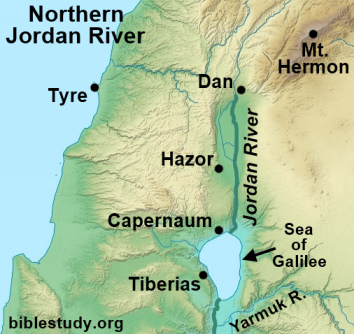     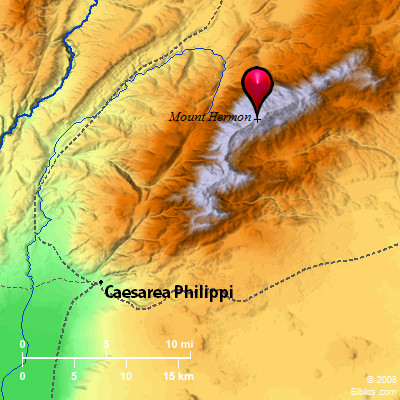 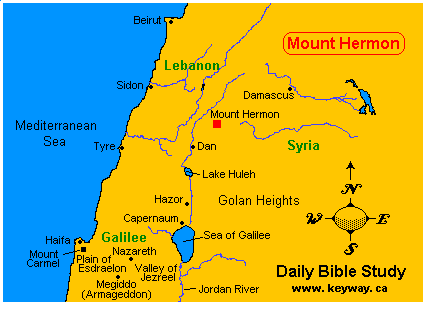     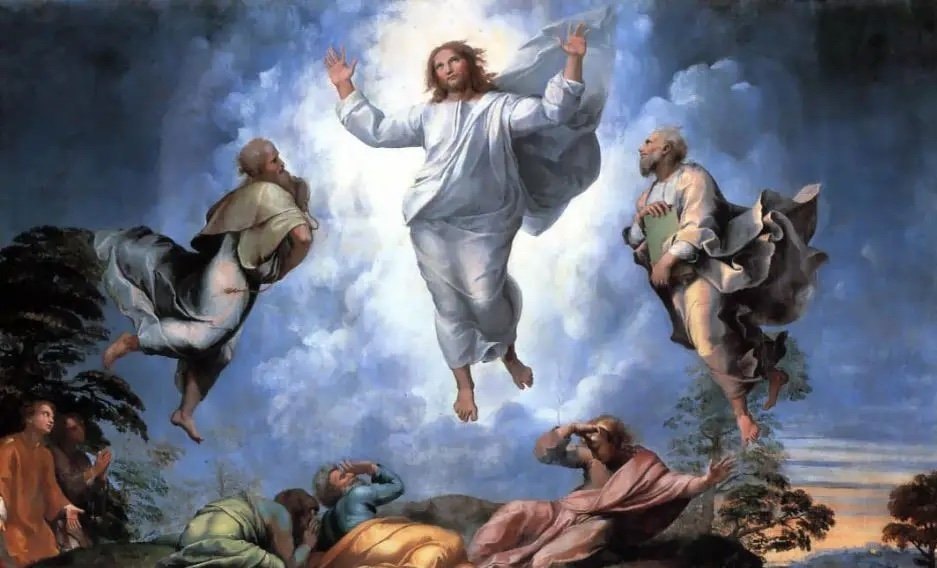    
|
|
|
 Primer Primer
 Anterior
49 a 63 de 63
Siguiente Anterior
49 a 63 de 63
Siguiente
 Último
Último

|
|
| |
|
|
©2024 - Gabitos - Todos los derechos reservados | |
|
|










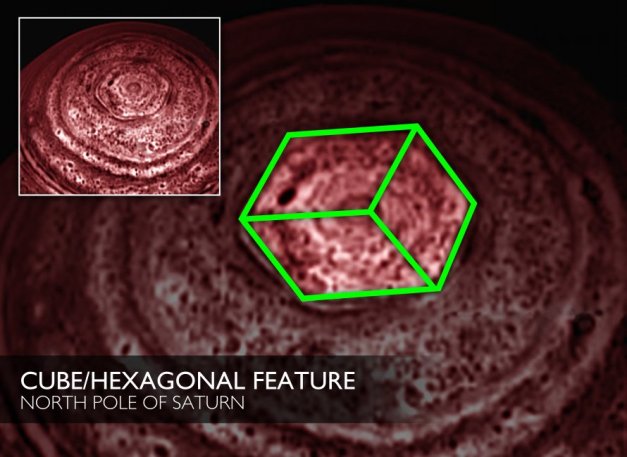













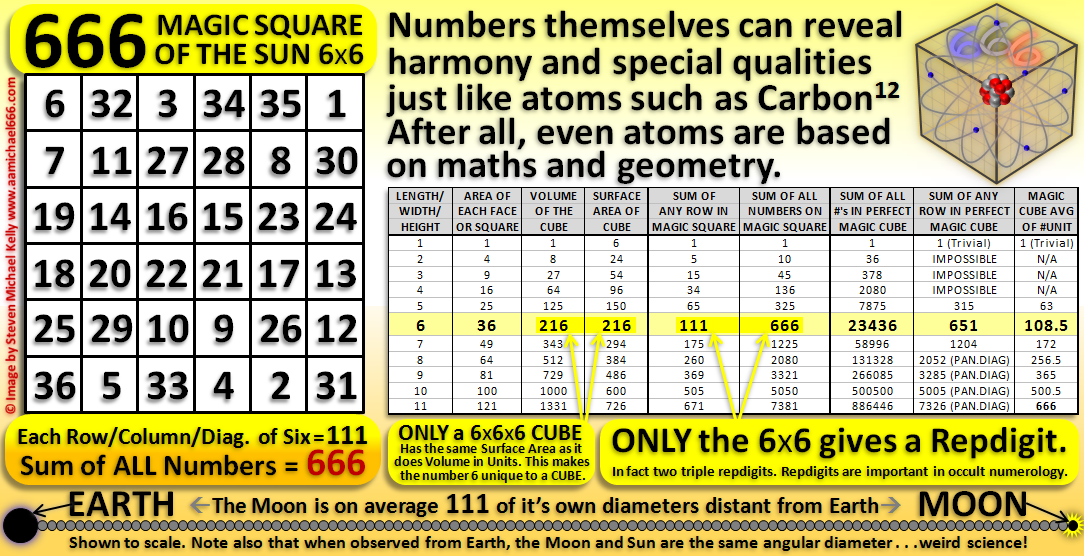





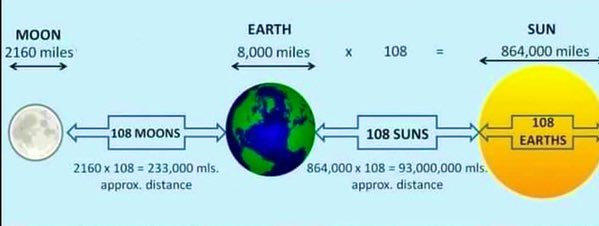



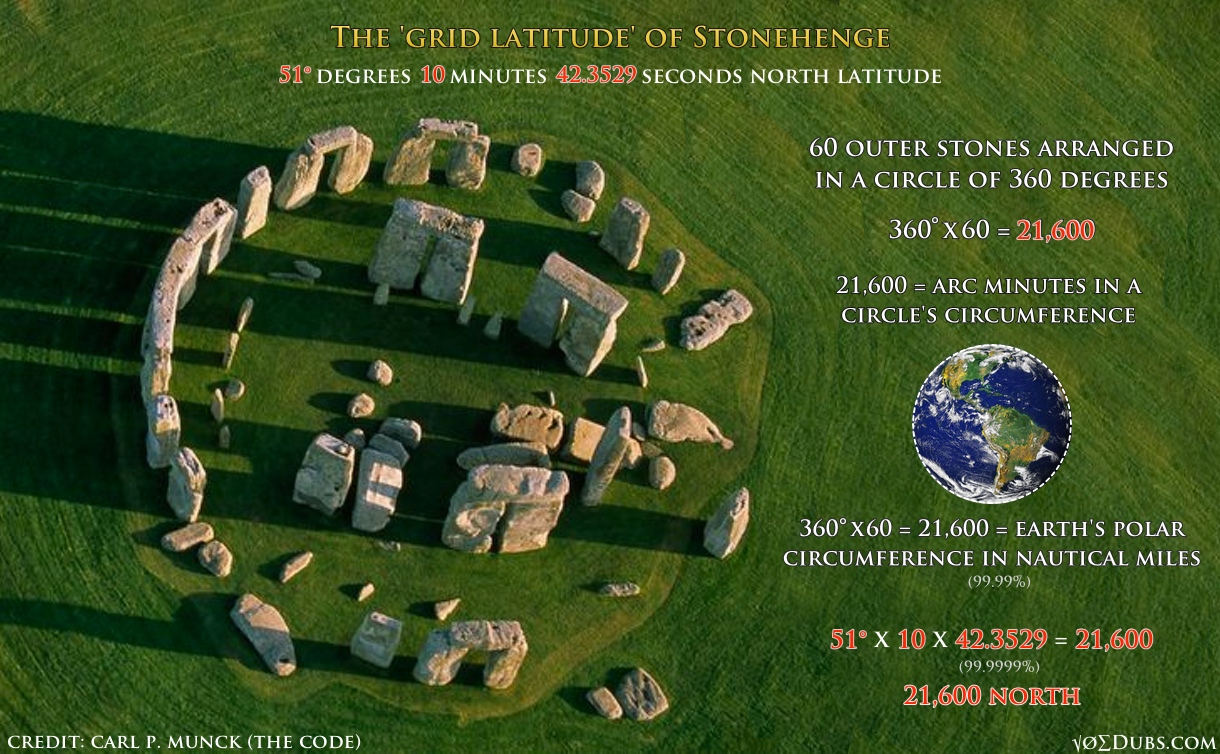


![Regreso Al Fururo III (Back To The Future III) [1990] –, 40% OFF](https://m.media-amazon.com/images/M/MV5BYzgzMDc2YjQtOWM1OS00ZjhhLWJiNjQtMzE3ZTY4MTZiY2ViXkEyXkFqcGdeQXVyNDQ0MTYzMDA@._V1_.jpg)





























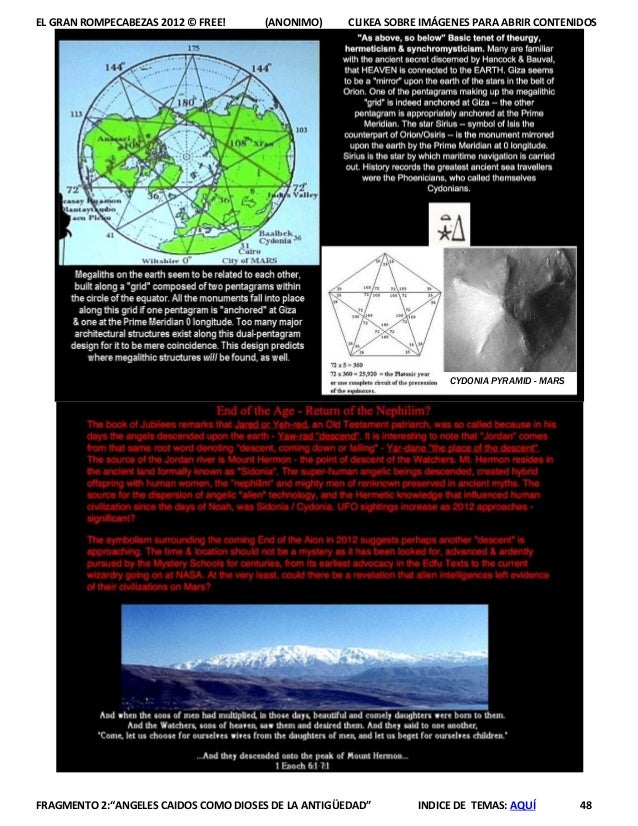
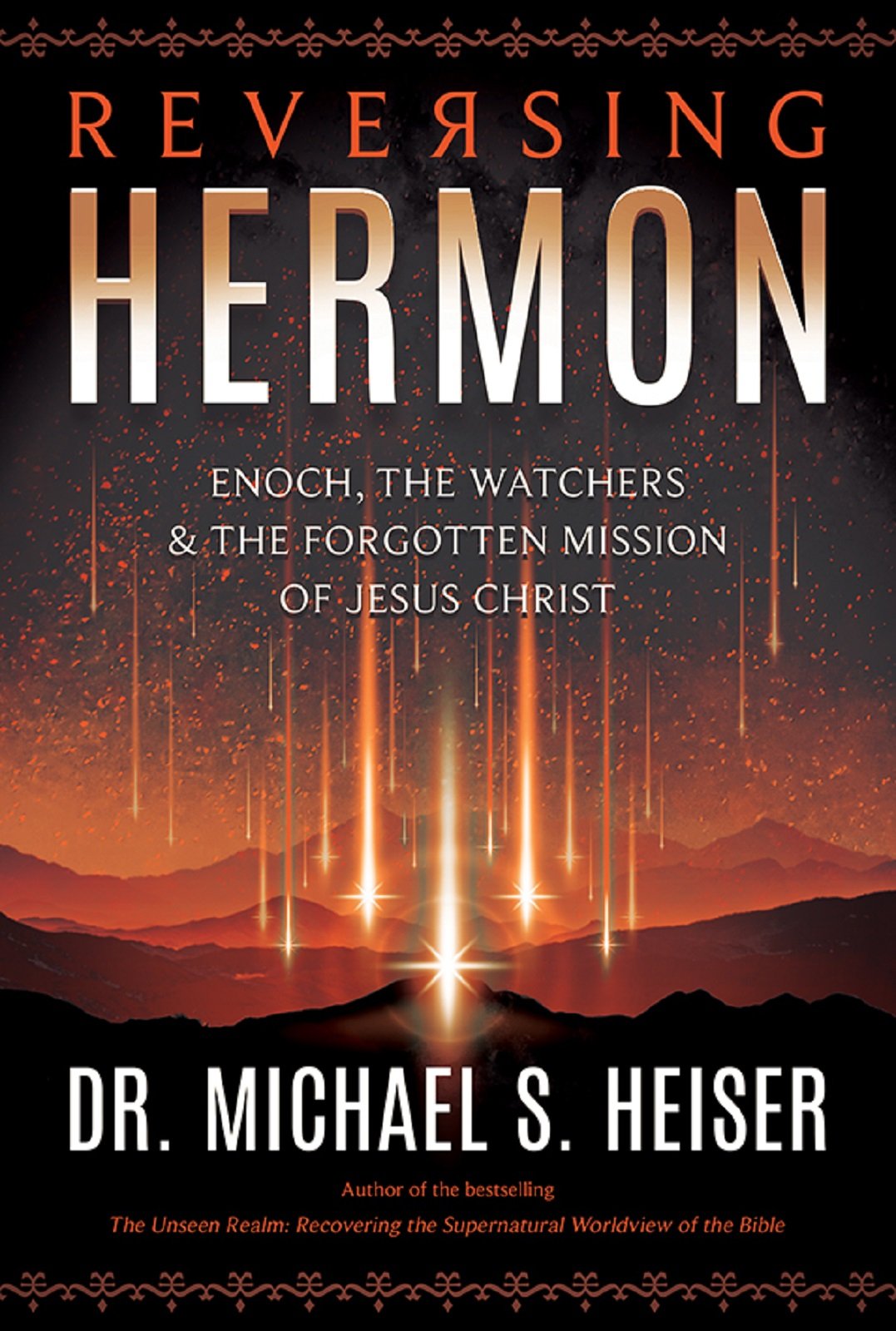



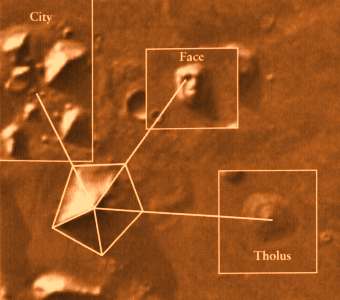

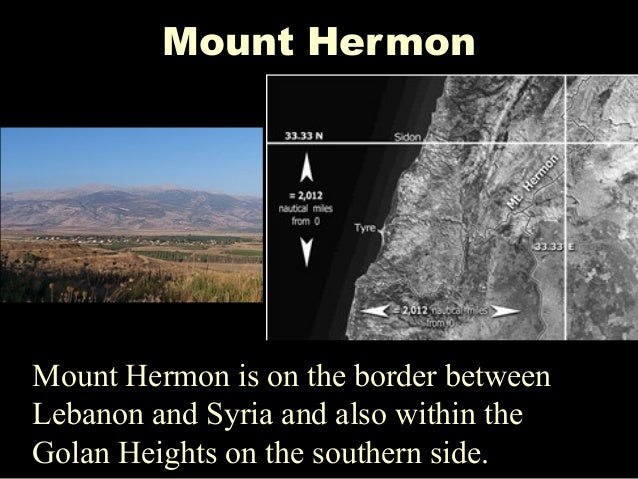






![Revelation 1:14 (lsv) - and His head and hairs [were] white, as if ...](https://img2.bibliaya.com/Bibleya/verse/revelation-1-14-lsv.jpg)


















